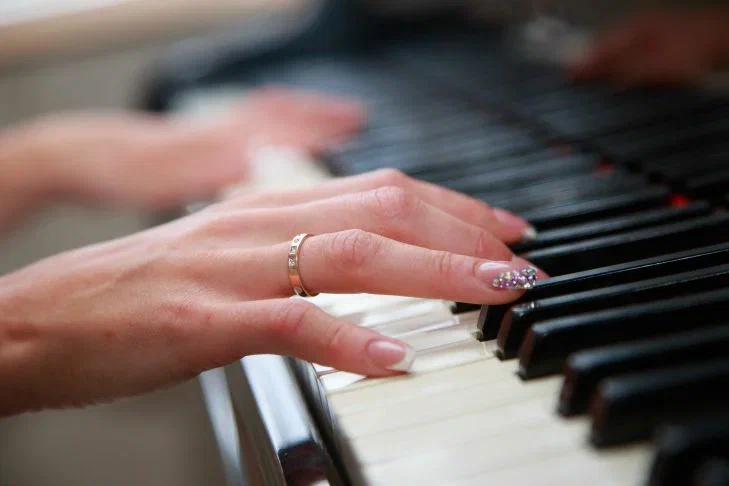The first thing they do is try to distract a sad person from his thoughts and somehow cheer him up.
But as practice shows, in such a state, rarely does anyone sit down to watch funny comedies or listen to upbeat music. More often, it's the other way around.
But this is not just a desire to intensify your emotions and plunge deeper into melancholy.

As researchers at the University of Illinois discovered, sad motives help to cope with a bad mood.
Emotional discharge
Slow compositions not only help a person to feel sad correctly, but also clear his mind of negative emotions.
Dramatic films and other works operate in a similar manner.
In short, the associations that sad works (music, cinema, etc.) evoke are safe, since they do not refer to events from a person’s real life.
At the same time, the hormone prolactin is released in the body.
It has a calming property and is secreted by women who practice breastfeeding.
Therefore, a person does not feel sad, but rather is in a state of peace and music protects him from mental pain.
These works also develop empathy, bring back pleasant memories, which ultimately improves mood and helps to distance oneself from disturbing thoughts and situations.
